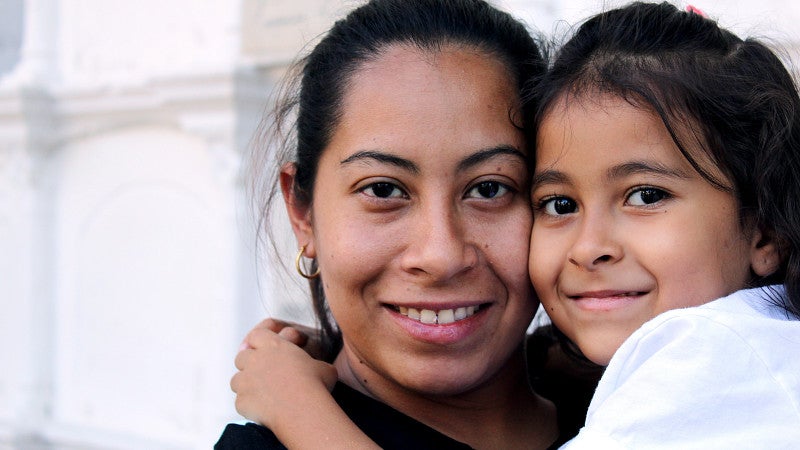CTN's Active Research
The Center for Translational Neuroscience (CTN) has the mission of translating discoveries in basic neuroscience, psychology, and related disciplines to improve well-being, promote resilience, and mitigate the effects of early adverse experiences on physical and emotional health.
Explore CTN's current work by lab or view archived work
ASH is a study on smoking cessation and the brain processes involved in quitting smoking. Participants will go through 2 fMRI scans 8 weeks apart while completing an SMS-based training program to reduce smoking behaviors.
HES is an innovative translational neuroscience experiment designed to help higher-weight individuals help manage food cravings.
The Stop and Think Study will run 30 smokers recruited from ineligible ASH applicants and 30 non-smokers through an fMRI scan where they will pilot an accelerometer-based task hoped to be used for future studies.
Mechanisms of Depression and Anhedonia in Adolescents: Linking Sleep Duration and Timing to Reward- and Stress-Related Brain Function (MoDA)
Mechanisms of Risky Alcohol Use in Young Adults: Linking Sleep Duration and Timing to Reward- and Stress-Related Brain Function (MoRA)
The Transitions in Adolescent Girls (TAG) study is an NIMH-funded prospective longitudinal study of risk for adolescent-emergent mental health problems in girls as they transition through puberty.
The FIND PCC Project involves further development and implementation of a three-tiered approach to promoting responsive caregiving in the pediatric primary care setting. The project team includes the People's Community Clinic in Austin, Texas, and the UO FIND Team
These studies investigate the effects of the Filming Interactions to Nurture Development (FIND) program on responsive caregiving and related outcomes for parents in treatment and recovery for the opioid-use disorder (OTTER study) and families eligible for Early Head Start services (SEAL study). Utilizing fMRI, the studies aim to identify neural mechanisms underlying the effectiveness of the FIND intervention and explore variations in its effects. Factors moderating intervention impact, including child and caregiver variables, intervention fidelity, and dosage, will also be examined.
The Family Advice and Support Text and Telephone line (FASTT) is a free and anonymous resource available to parents and other caregivers of children birth to 5 years old.










